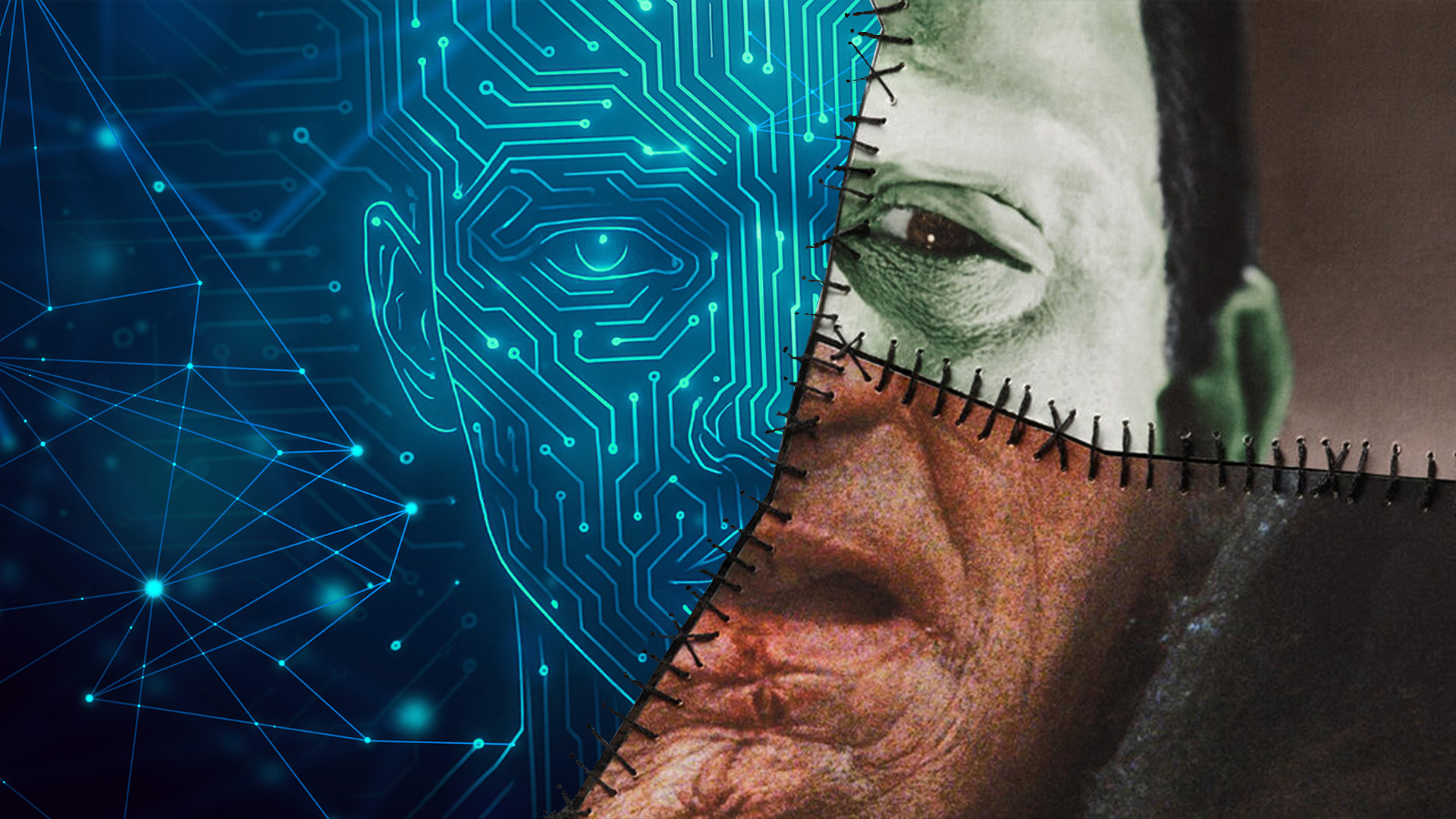UN Rights Chief Warns Generative AI Could Become “A Modern-Day Frankenstein's Monster”
UN rights chief Volker Turk warns generative AI could become a "modern-day Frankenstein's monster" threatening human rights without strict regulation.

ERBIL (Kurdistan24) – The United Nations has issued a stark warning regarding the rapid and largely unregulated proliferation of artificial intelligence, cautioning that without immediate intervention, generative AI could evolve into "a modern-day Frankenstein's monster." Speaking on Monday at the UN’s business and human rights forum in Geneva, UN High Commissioner for Human Rights Volker Turk delivered a sobering assessment of the technology's trajectory.
While acknowledging the "tremendous promise" of generative AI, Turk emphasized that powerful tech giants are unleashing these tools on the world in ways that could make human rights the "first casualty."
According to the AFP report, Turk’s address focused on the potential for artificial intelligence to be weaponized for purely political or economic gain. He warned that such exploitation can "manipulate, distort, and distract" public discourse, creating an environment where fundamental freedoms are eroded by algorithms.
"When powerful tech giants introduce new technologies, such as generative artificial intelligence, human rights can be the first casualty," Turk stated. He elaborated that the threats are not abstract but "clear and present," endangering privacy, political participation, free expression, and the right to work.
The High Commissioner’s warning comes at a critical juncture in the evolution of AI. As noted in a recent background report by Forbes, the technology is rapidly transitioning from generative models—which produce text and images—to "Agentic AI."
This new era, expected to dominate by 2026, features autonomous systems capable of planning, reasoning, and executing tasks without human intervention. While proponents argue this shift will revolutionize sectors like cybersecurity, healthcare, and national defense by enabling machines to act as "collaborative coworkers," the risks align closely with Turk’s concerns.
The Forbes report highlights the ethical dilemmas associated with removing humans from decision-making processes, a trend that could exacerbate the very "abuse and subjugation" the UN chief fears.
Turk stressed that the dangers of today "could materialise into harms that undermine the promise of emerging technologies and could unleash unpredictable consequences."
He invoked the metaphor of Frankenstein’s monster to describe a scenario where AI systems, lacking proper safeguards and regulations, escape human control and wreak havoc on the societies they were meant to serve. "Governments have a responsibility to come together to prevent such an outcome," he urged, calling for a unified international response to regulate the sector before it is too late.
The UN chief’s critique extended beyond the technology itself to the structures of power that control it. Turk highlighted the threat posed by the increasing concentration of corporate power and the massive "accumulation of personal and corporate wealth among a handful of players."
In some cases, he noted, the financial might of these tech conglomerates "exceeds the economies of entire countries." This imbalance creates a dangerous dynamic where corporate power is "not constrained by law," leading to potential abuses that national governments may struggle to police.
The convergence of these technologies—generative AI, agentic autonomy, and neuromorphic computing—represents a "perfect storm" of innovation, as described by Forbes. However, without the ethical frameworks and regulatory guardrails demanded by the UN, this storm threatens to upend human rights on a global scale.
As AI evolves from knowledge-based systems to action-oriented solutions capable of autonomous decision-making, the window for effective regulation is narrowing. Turk’s message from Geneva serves as a urgent call to action: humanity must ensure that it remains the master of its creations, lest the "promise" of AI transforms into a tool of subjugation.